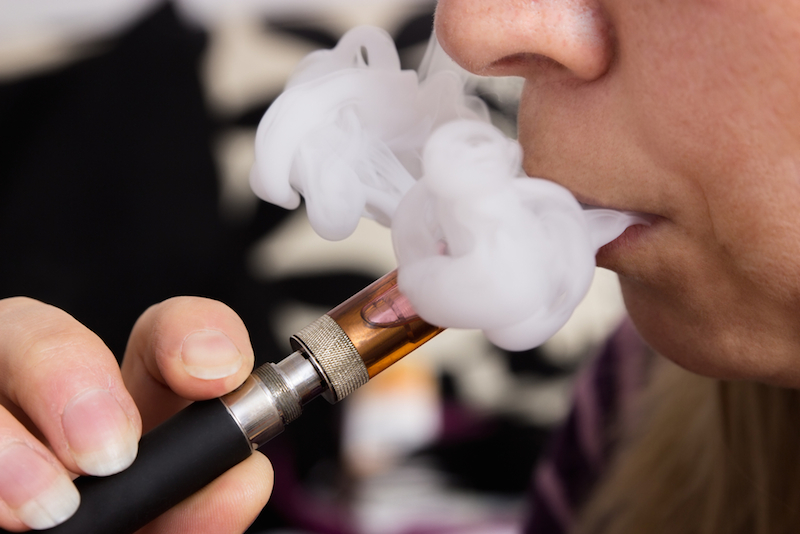
Trump Administration Plans to Ban Flavored E-Cigarettes
Flavored electronic cigarettes may soon be banned in the United States.

Flavored electronic cigarettes may soon be banned in the United States, according to news reports.
Today (Sept. 11), the Trump Administration announced that it plans to finalize a policy that would remove non-tobacco-flavored e-cigarettes, such as mint and menthol flavors, from the U.S. market.
"The Trump Administration is making it clear that we intend to clear the market of flavored e-cigarettes to reverse the deeply concerning epidemic of youth e-cigarette use that is impacting children, families, schools and communities," Health and Human Services Secretary Alex Azar said in a statement.
When the new plan goes into effect in the coming weeks, it would result in the removal of flavored e-cigarettes within 30 days, according to Bloomberg News. After that, companies that want to market flavors of e-cigarettes besides tobacco would need to apply to the Food and Drug Administration for approval of their product. The manufacturers of these flavored vaping products would need to prove that the risks of the products, such as their potential for use by teens, are outweighed by its benefits, Bloomberg reported.
The announcement comes admit an outbreak of mysterious vaping-related lung illnesses that has sickened hundreds of people across the country. The cause of the outbreak, which has mostly affected teens and young adults, is still unclear.
- 4 Myths About E-Cigarettes | Live Science
- 9 Disgusting Things That the FDA Allows in Your Food
- 8 Tips for Parents of Teens with Depression
Originally published on Live Science.
Sign up for the Live Science daily newsletter now
Get the world’s most fascinating discoveries delivered straight to your inbox.

Rachael is a Live Science contributor, and was a former channel editor and senior writer for Live Science between 2010 and 2022. She has a master's degree in journalism from New York University's Science, Health and Environmental Reporting Program. She also holds a B.S. in molecular biology and an M.S. in biology from the University of California, San Diego. Her work has appeared in Scienceline, The Washington Post and Scientific American.









